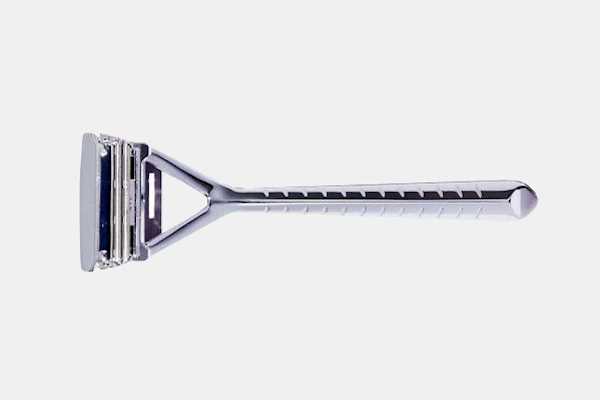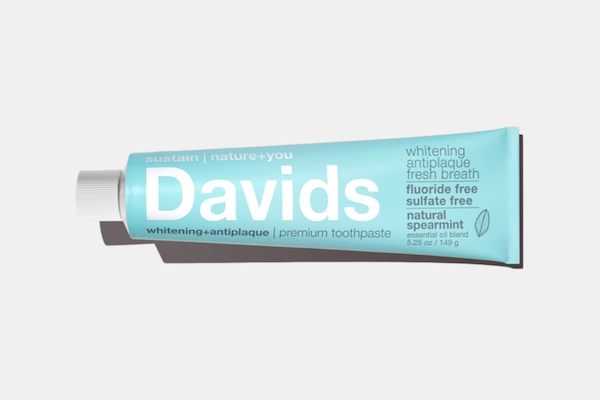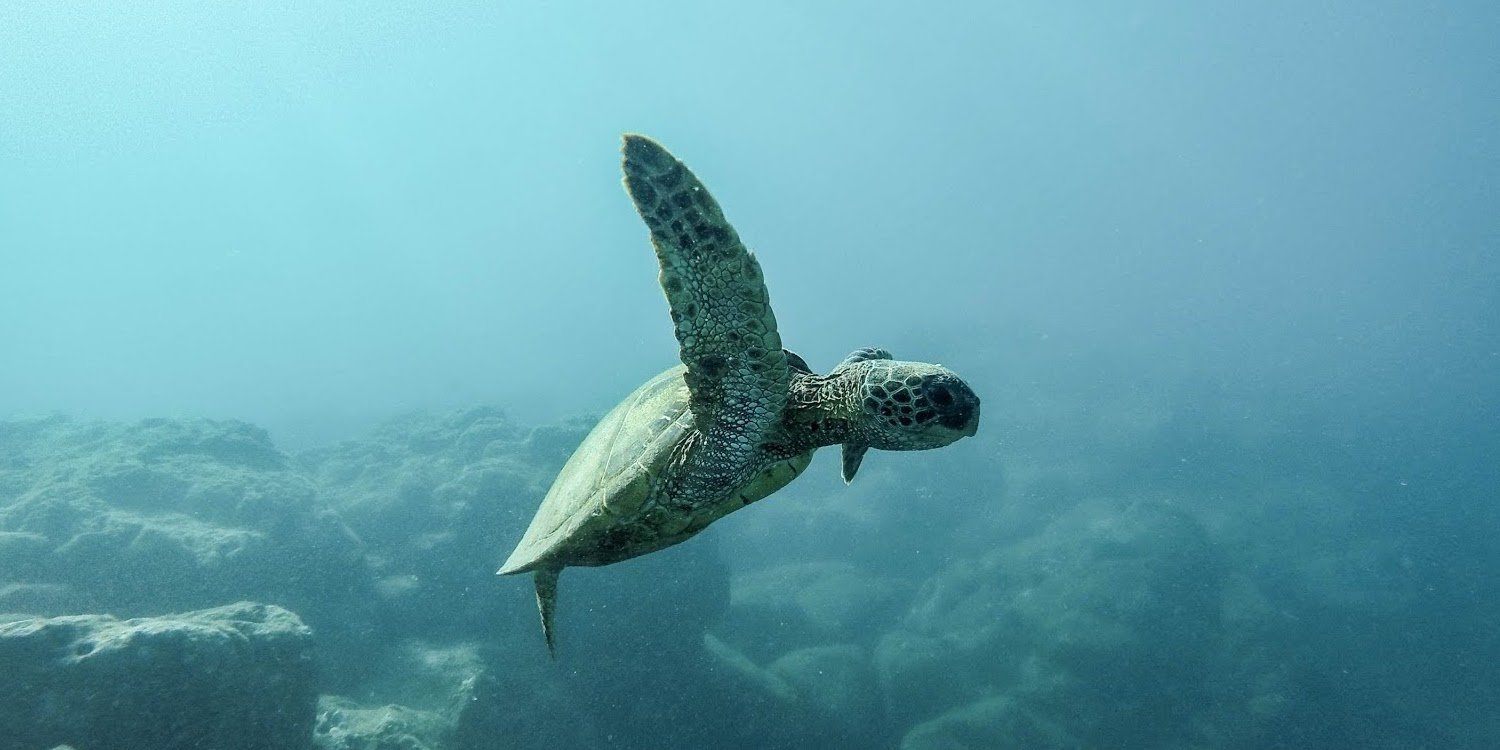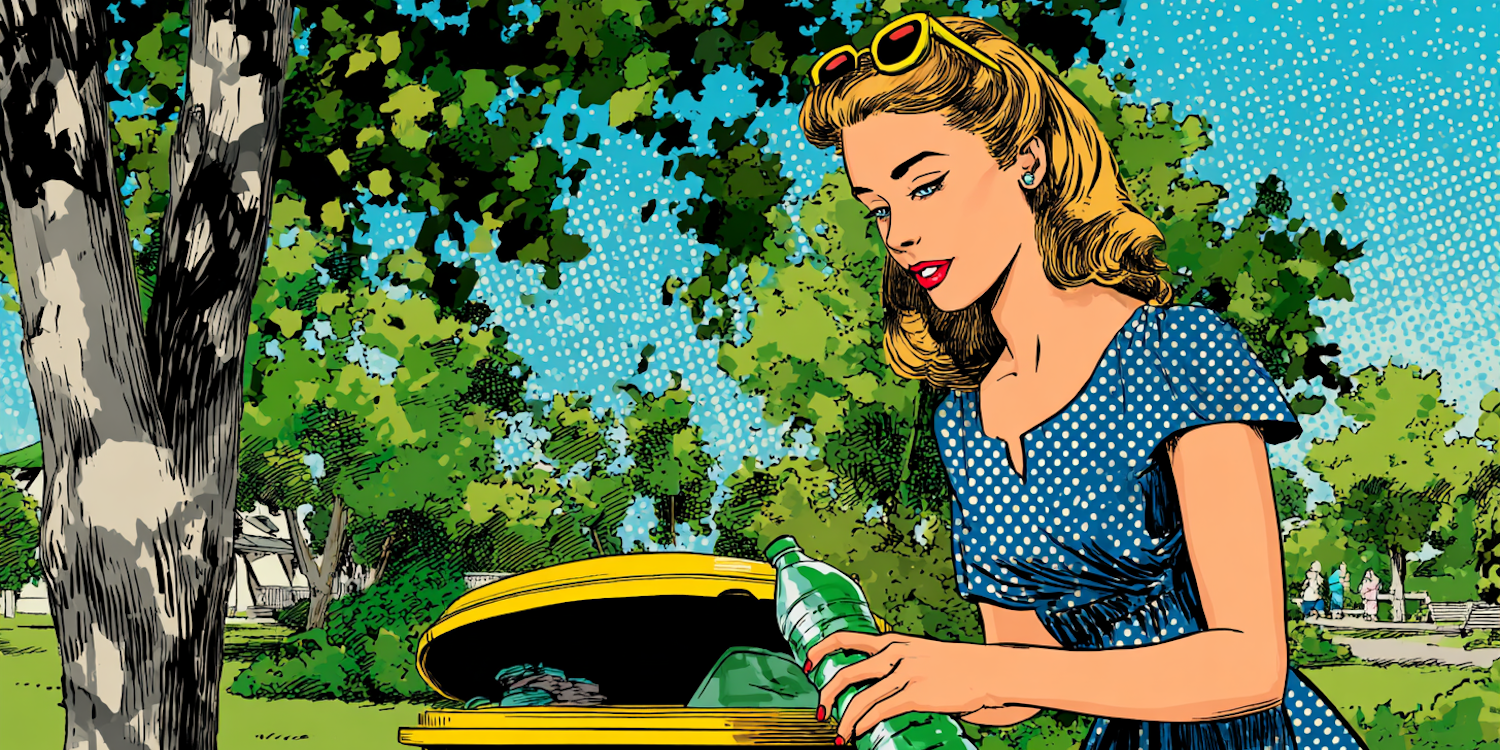Why are the oceans so important?
Picture yourself standing on the beach. Your feet sink into the warm sand as you listen to the gentle roar of the waves hitting the shore. As the sun dips slowly into the endless ocean, you’re struck by the vastness and beauty of the sea.
It’s true—the ocean, which covers over 70% of the globe, is breathtaking. And it is a vital part of what keeps our planet healthy. To name just a few of the ocean’s crucial roles, it:
- Provides over 50% of the oxygen we breathe
- Holds 50 times more carbon dioxide than our atmosphere
- Allows for at least 76% of our global transportation
- Drives local and international economies
- Is a source for foods ranging from sushi to ingredients found in peanut butter1
Sadly, global pollution levels are rising, and much of that pollution ends up in the sea.
What are the major sources of marine pollution?
Of all pollution found in the ocean, an estimated 80% comes from sources on land.2 These include commercial sources like factories and landfills and private ones such as improper waste disposal.
Discarded Waste
Waste does not disappear when it leaves our homes and stores. While some waste enters the environment despite our best efforts, most pollution happens as the result of improper or careless treatment of waste. Physical waste often travels through rivers and storm drains until it reaches the ocean.
Plastic
Try to list a few of the plastic products you have used in the last week. Perhaps a water bottle or two, some bags, or a fork? While each of these items seems insignificant on their own, together, they represent a worsening global issue.
Plastics of every shape and size enter the ocean—and most stay there indefinitely. Depending on the type of plastic, products may take centuries to decompose. In the meantime, most break down into a dangerous pollutant known as microplastics—small pieces of plastic less than 5mm in length.
You may have heard of the Great Pacific Garbage Patch.3 This gyre is the largest of many around the globe. It covers an area of over 1.6 million miles, which is twice the size of Texas. Waste products, plastics, and microplastics swirl in a vortex of rubbish that destroys the natural ecosystem of these areas.
Fishing Gear
Another major source of marine pollution is discarded fishing gear. This gear is frequently disposed of due to changing weather conditions or illegal fishing. Once it enters the ocean, it entangles and kills creatures, including fish, dolphins, and seals.
The LochTree marketplace carries the Ocean Jenga set and the Bureo Flying Frisbee, which are both made from reclaimed fishnets. These products are a fun way to raise awareness and combat pollution caused by fishing gear.Chemical
We often picture plastic as the only offender in marine pollution, but chemical contaminants also pose a threat. Runoff from fertilizer and manufacturing flows into the ocean and mixes with the water. Oil leaks from drilling sites—and even the most successful cleanup efforts often leave oil behind.
Even our cars contribute to marine pollution. Thousands of trucks, cars, and other automobiles drip oil onto roads, where it slowly washes toward the ocean.

What are the effects of marine pollution?
Marine creatures feel the repercussions of human pollution. Our oceans provide thriving, diverse habitats to thousands of species. But unwanted rubbish invades these habitats and disrupts their natural habits.
Harm to Wildlife
Animals may ingest plastic items, leading to illness or death. Still more get trapped in nets and bags, never again to enjoy a normal life.
Acidification of the Ocean
As the ocean takes in more pollutants and absorbs more carbon dioxide, the pH levels fundamentally change and become more acidic.4 This change in acidity has negative repercussions, such as:
- Bleaching of coral reefs
- Habitat loss
- Lack of calcium carbonate mussels and clams need for strong shells
- Disruption of food chains
- Damage to fishing-based economies around the world
Changes in the ocean’s acidity are escalating faster than ever before in history. Without intervention, these problems will only worsen.
Danger to Humans
We’ve already discussed some of the economic impacts of marine pollution, such as financial losses and disruption to our priceless natural world. Another danger is the increase in plastic consumed by humans.5 When small sea creatures ingest microplastics, this plastic moves up the food chain until it finally enters our bodies.
And if the oceans continue to warm, everything from our atmosphere to our ability to transport goods could change for the worse.
How You Can Prevent Marine Pollution
The problems facing our ocean are real. And they may seem insurmountable. But don’t give up hope because the challenges are intimidating. You can still make a significant difference in the fight against marine pollution.
Reduce, Reuse, and Recycle
Most of us have heard these words since childhood. As we seek to prevent pollutants from entering our oceans, these Three Rs are crucial. Here are a few ways you can apply them:
- Reduce: cut down on your plastic use, especially single-use disposables.
- Reuse: use products more than once or switch to more durable reusable items.
- Recycle: learn more about recycling in your area, and be sure to recycle plastic properly.
Beginning with something as simple as buying a reusable water bottle or lunch kit is a great way to gain momentum. And every small change creates a positive impact.
Clean Up Rubbish
When you see litter in your day-to-day life, do what you can to move it to a receptacle. To go further, organize or participate in a group cleanup project in your area! Every piece of rubbish you remove helps decrease marine pollution worldwide.
Join Forces!
The power of one individual is huge—every positive change begins with a single person. And when enough people join together, they can accomplish what once seemed impossible.
Talk with your family, friends, and coworkers about how you can band together to help keep the ocean healthy. You can also work with established organizations such as The Ocean Conservancy or The Ocean Cleanup to fight pollution on a large scale.
Don’t underestimate your importance. The changes and choices you make today will shape our future world. Join us at LochTree in our efforts to maintain our ocean—and preserve those precious coastline sunsets for generations to come.
Sources:
- https://oceanservice.noaa.gov/facts/why-care-about-ocean.html
- https://oceanservice.noaa.gov/facts/pollution.html
- https://www.nationalgeographic.org/encyclopedia/great-pacific-garbage-patch/12th-grade/
- https://www.nrdc.org/stories/ocean-pollution-dirty-facts
- https://www.nrdc.org/stories/acid-seas
- https://www.noaa.gov/education/resource-collections/ocean-coasts-education-resources/ocean-pollution






